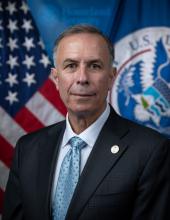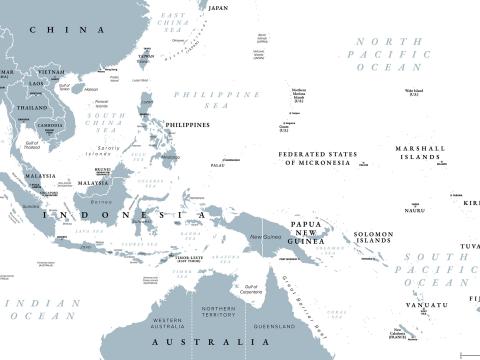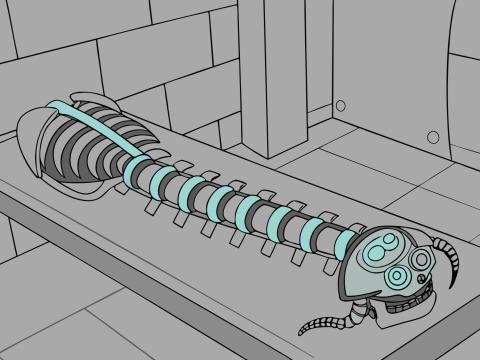On Point: Q&A With Dimitri Kusnezov

What are your priorities for helping DHS solve its S&T challenges?
As the science advisor to DHS, I think about long-term preparedness, look beyond the horizon in technology, and ask tough questions about where the world is going and what that means for us.
Technology is invading our lives in unexpected ways. How do we protect ourselves? I worry about the world we’ll leave to our kids and grandkids, so I lean toward preparing for uncertainties of potential futures rather than defining what that future is.
What used to be rare events happen almost routinely these days. I wonder: how do you develop tools that prepare the nation’s first responders, for situations of such enormity?
Unprecedented scales of global migration, climate and environmental changes, and emerging technologies create huge opportunities and risks. We must consider how to protect Americans effectively.
My priorities of strengthening the workforce, delivering to operational components, preparedness for the future and fostering innovation all work together to make S&T sensitive and responsive.
Emerging technologies blur traditional definitions. For example, what does “border” mean in the context of transnational crimes, child exploitation or fentanyl? Resilience and adaptation to a changing world also affect food and health security infrastructure. And our AI [artificial intelligence]-enabled, big-data world also changes privacy, ethics, civil rights and liberties. All of this must be considered.
What changes will you make within the directorate?
I won’t make changes just for the sake of making changes/ I’ll examine how we’re organized to solve our challenges effectively. We’ll realign or redefine duties only if needed to make sure everyone has the latitude to effectively meet those challenges.
I feel you should allow your team to support you. Bringing in your own people gives the impression that you’re insulating yourself. That’s unattractive and undermines trust. It takes longer to build relationships with new teams, but I think it’s worth it. I don’t want people to hold back. They may be cautious because they don’t know me, yet, but I value making people feel comfortable speaking freely and not just agreeing.
Which emerging technologies are most important for DHS and why?
We must keep a broad perspective and consider the opportunities and risks. I consider how commercial markets make technologies cheaper, faster and easier for all skill levels to create new products and platforms. Global connectivity accelerates open innovation, allowing anyone to participate. Tools, affordability and user connectivity empower people to create low-cost, disruptive surprises limited only by their creativity. Many of these technologies raise serious ethical, regulatory and treaty issues.
I focus on how new technologies can combine to create new functionality or threats. Take adversarial AI and how smarter systems, enabled by next-generation networks, ubiquitous sensors, and smarter edge devices, can create gaps in enterprise systems.
To prepare for the future, we must stay ahead and engaged in areas like quantum technologies, autonomous systems and nanoscience which allow us to do things we never thought possible.
What accomplishments can we expect in the coming months?
There are no silver bullets and finding effective tools takes time. We focus on organizing ourselves in a changing world and adding more options, solutions, awareness and preparedness to the DHS mission. I’d like to see more organization around innovation, risk for emerging technologies, impacts and opportunities, and form the right partnerships to accelerate progress and prepare for complex missions. Our team is ready for this exciting time. I want to expand partnerships, foster innovation and more. We invite your readers to find us online or interact with us on social media.





Comments